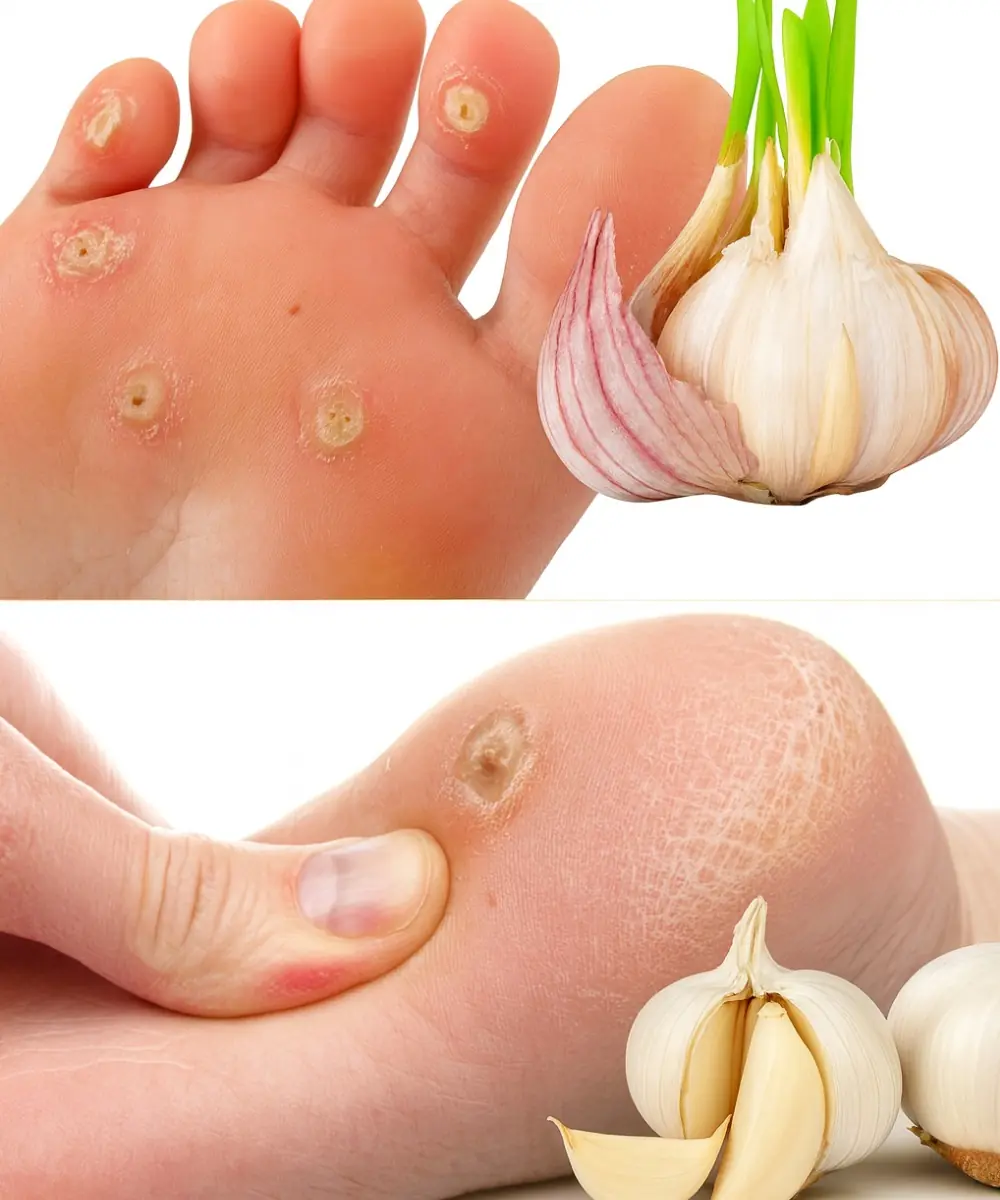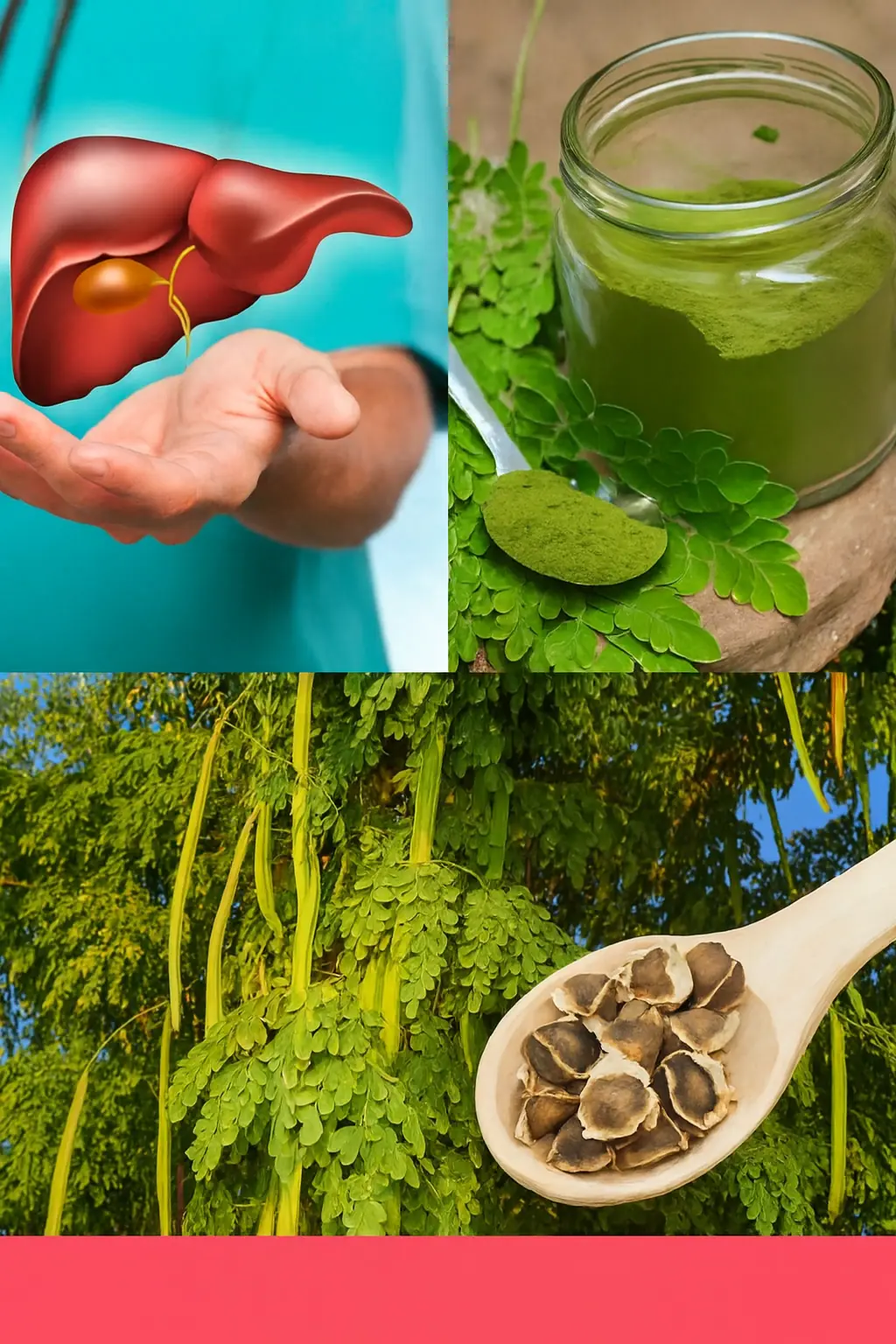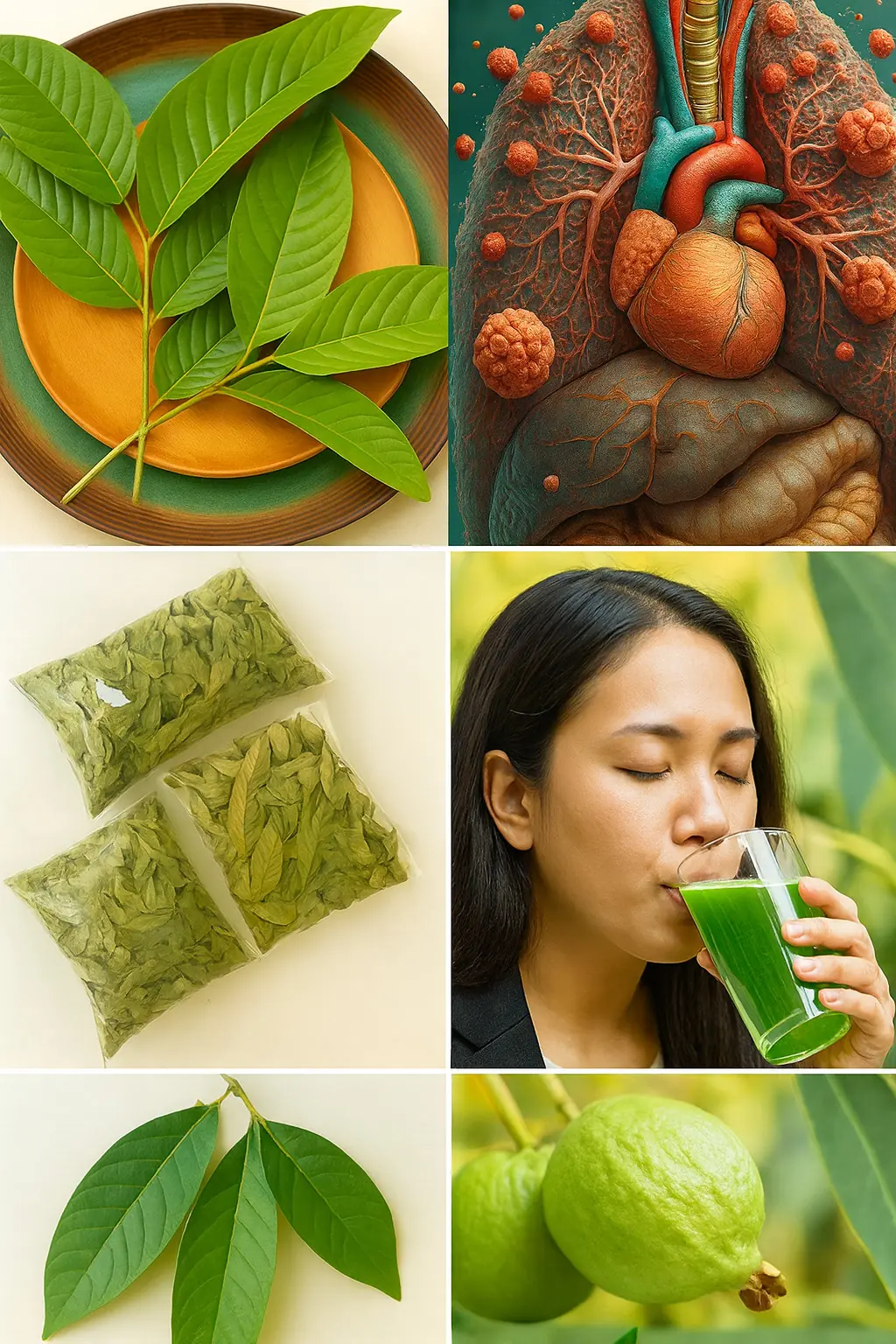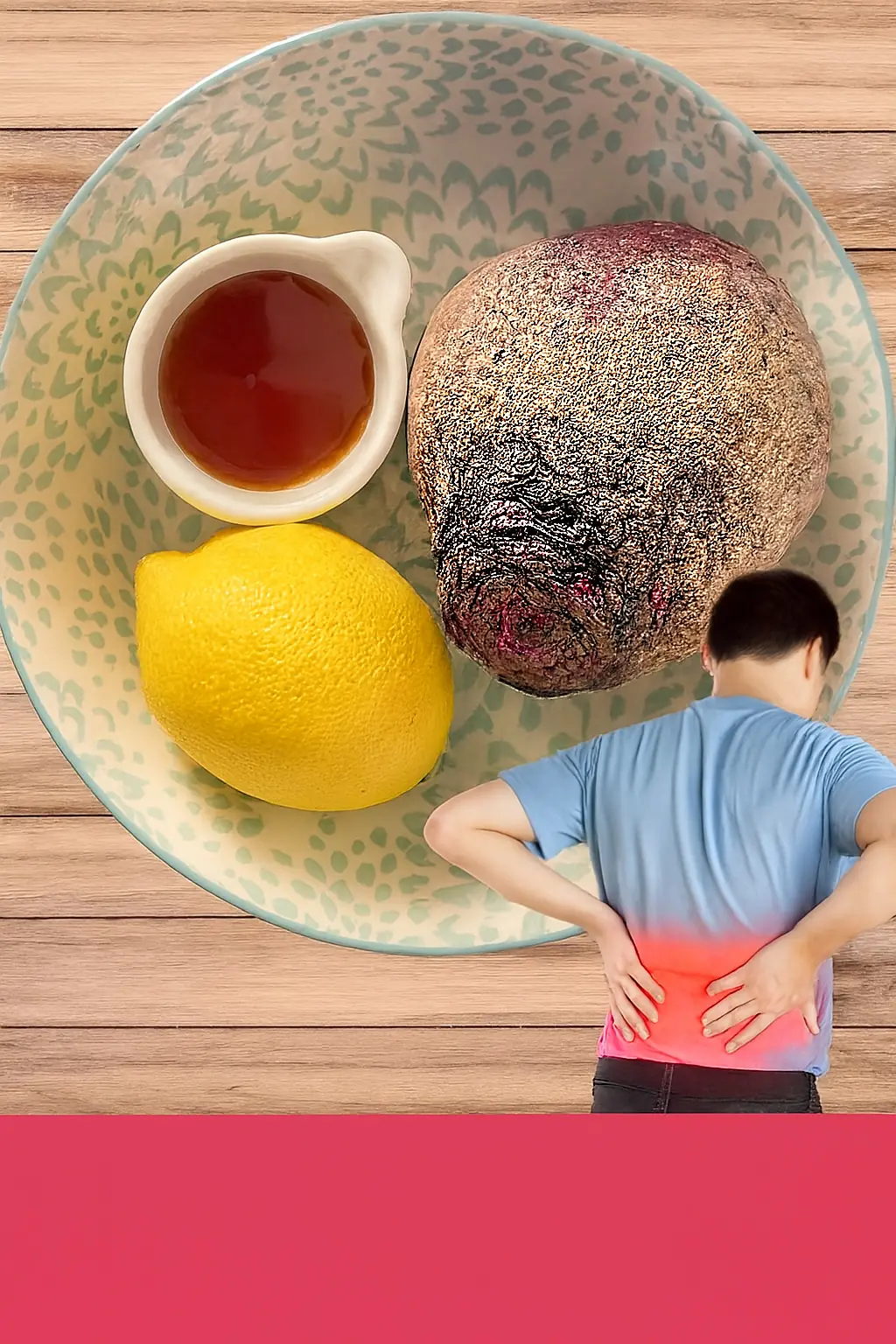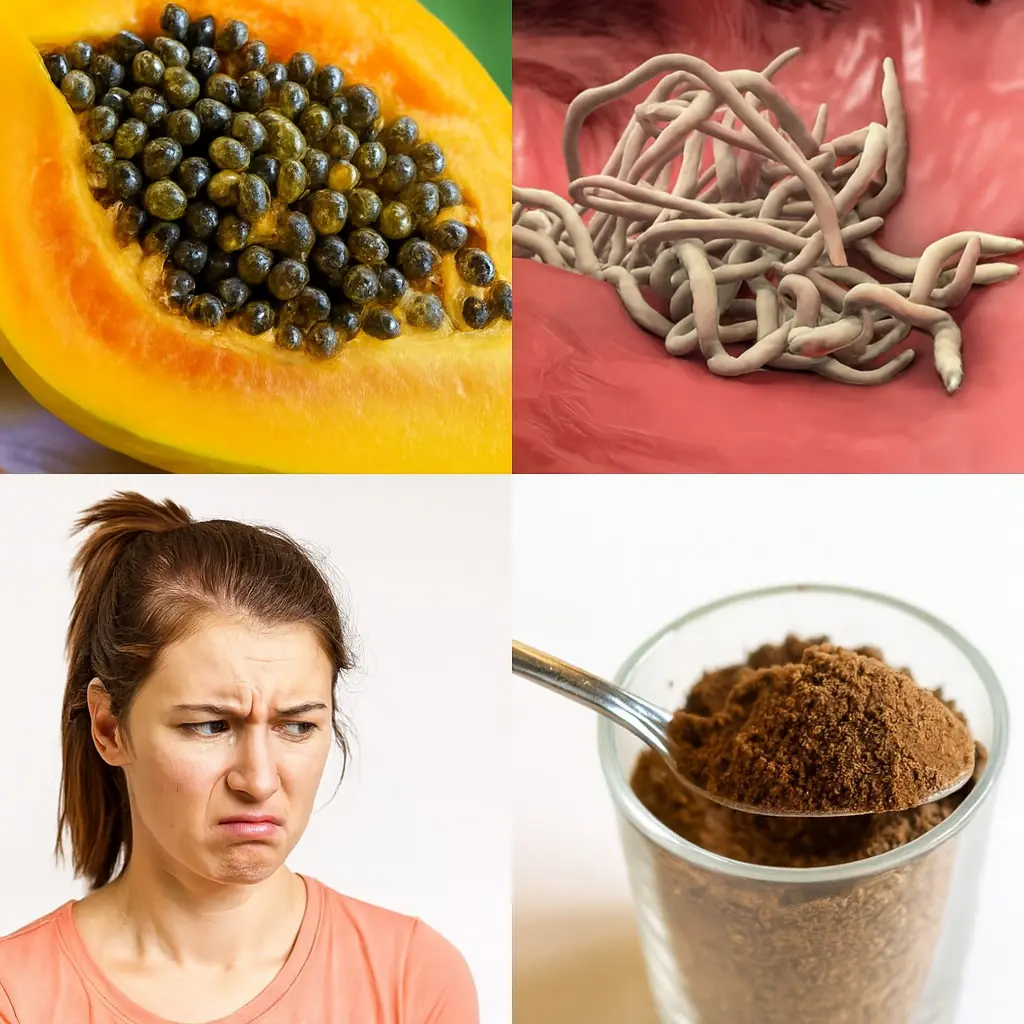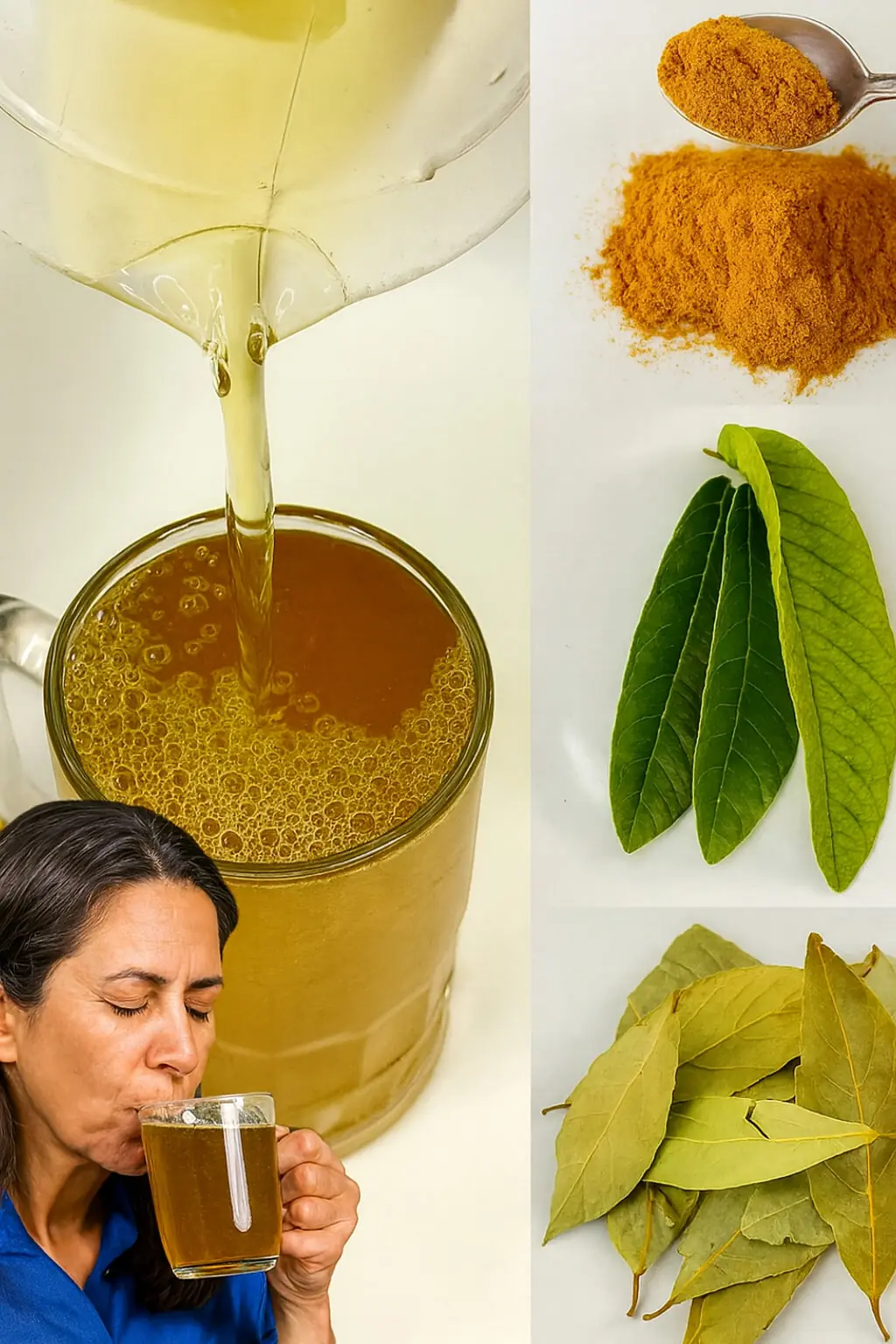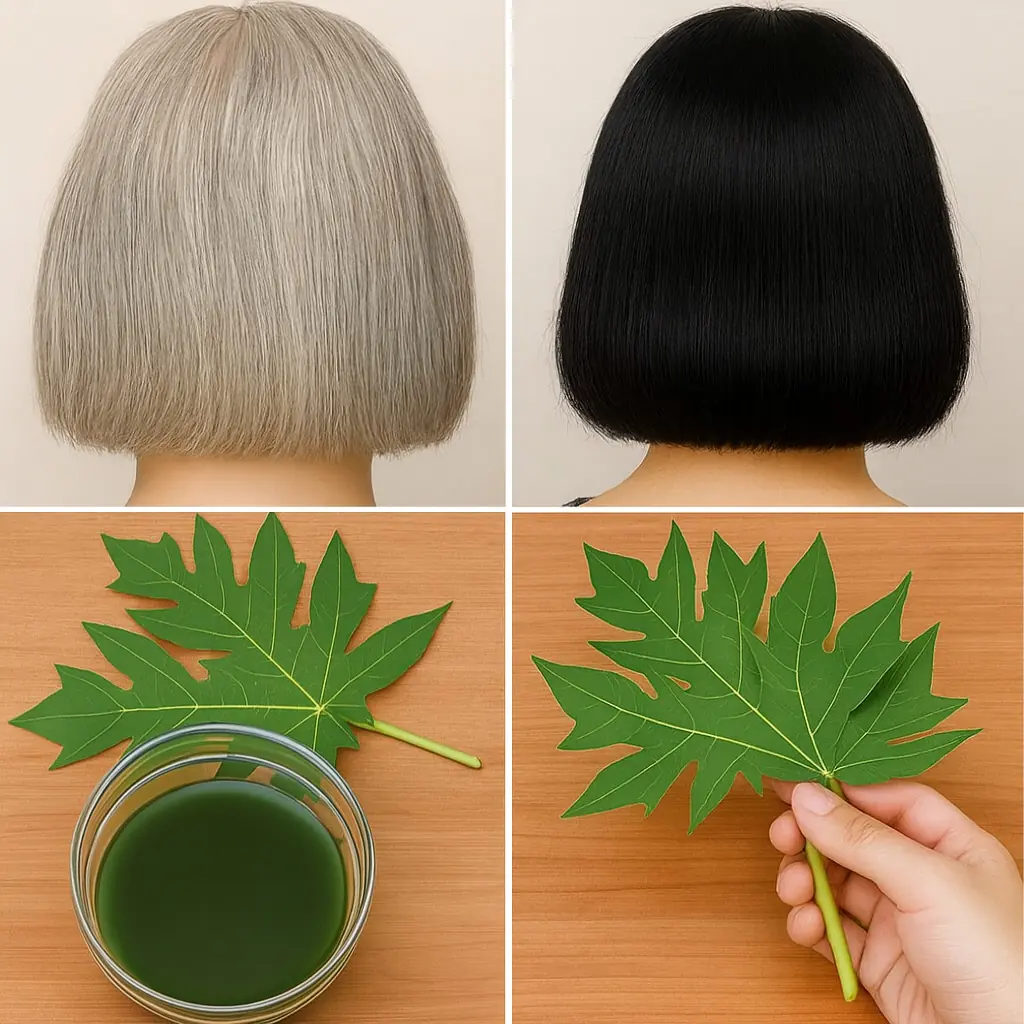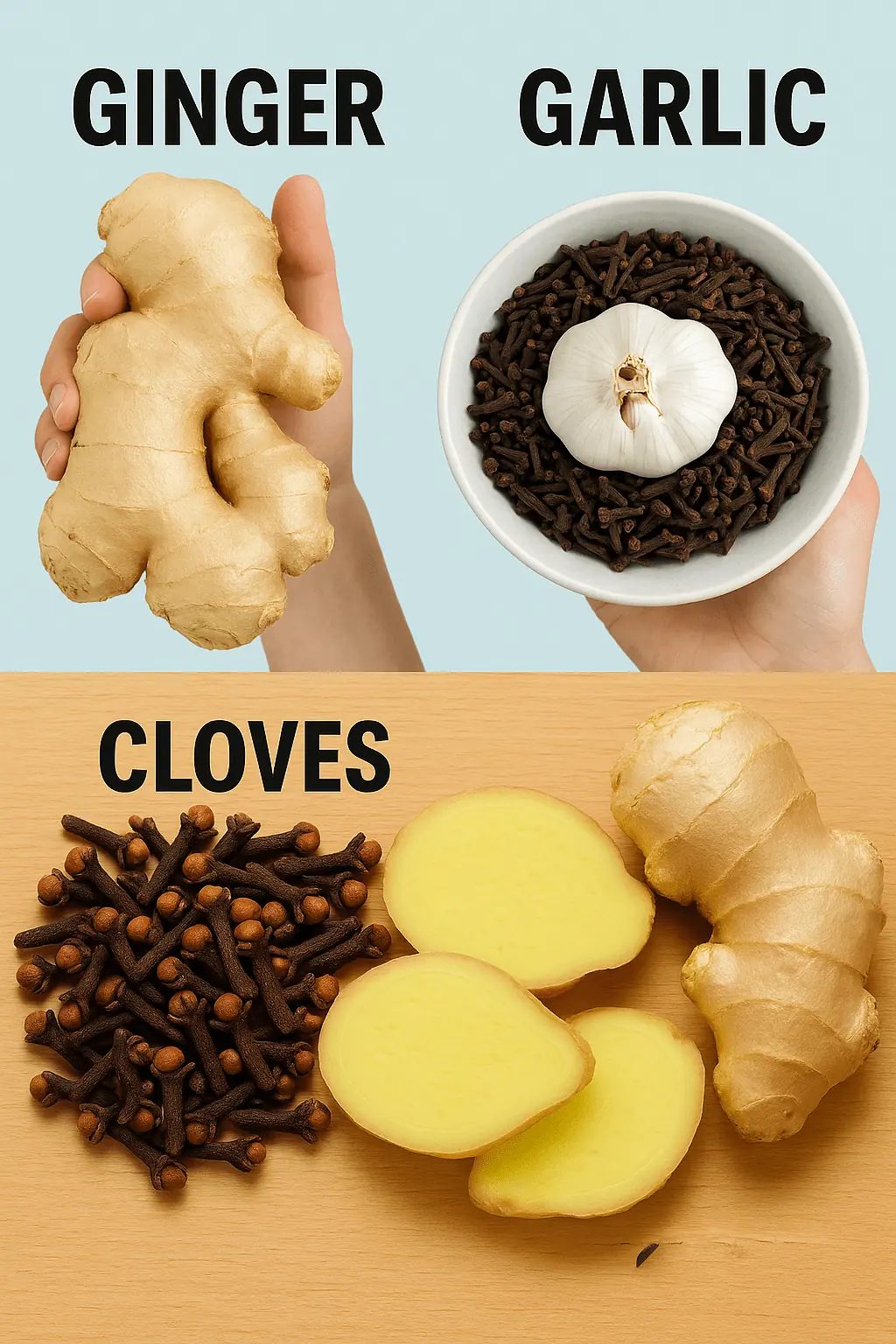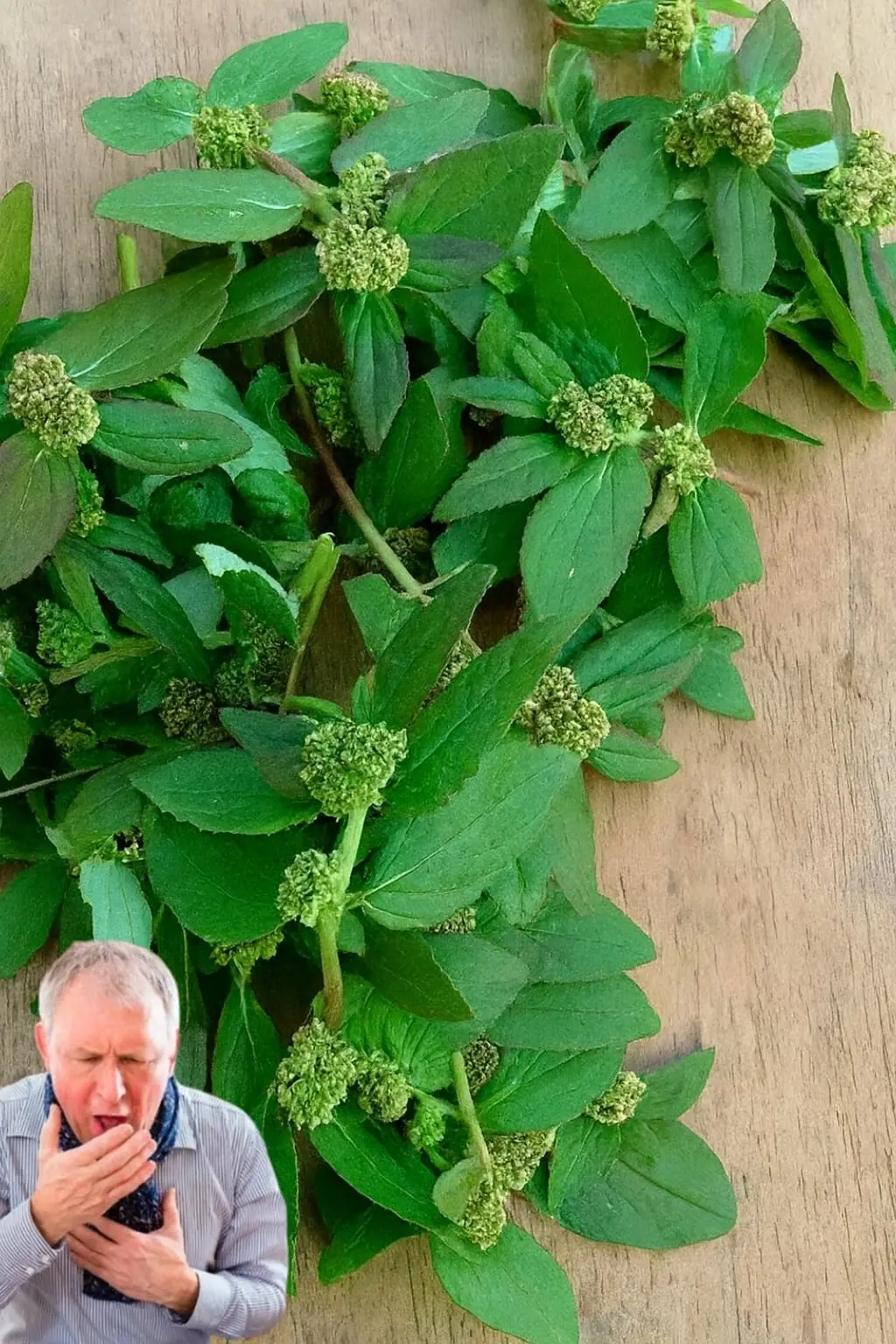
Imagine a single plant that could ease your breathing, soothe your stomach, heal your skin, and boost your overall health—all with the gentle touch of nature. Meet Euphorbia hirta, commonly known as the asthma plant, a humble herb with a mighty reputation in traditional medicine across the globe. From calming asthma symptoms to fighting infections and reducing inflammation, this versatile plant has been a cornerstone of herbal healing for centuries. Ready to discover how this unassuming weed can transform your wellness journey? Let’s dive into the incredible benefits, traditional uses, and science-backed potential of Euphorbia hirta—and why it deserves a place in your health routine!
The Asthma Plant: A Natural Wonder with Global Roots 🌍
Euphorbia hirta, a small, hairy herb native to tropical and subtropical regions, thrives in places like India, Africa, and the Americas. Known by names like “snakeweed,” “tawa-tawa,” or “Dudhy,” this plant has earned its nickname “asthma plant” for its remarkable ability to support respiratory health. Its leaves, stems, and roots are packed with bioactive compounds like flavonoids, tannins, phenols, and terpenoids, which give it a wide range of medicinal properties. From ancient Ayurvedic practices to modern herbal remedies, Euphorbia hirta is celebrated for its ability to address everything from coughs to skin irritations. Let’s explore its traditional uses and how they can empower you to live healthier.
Respiratory Relief: Breathe Easier with Euphorbia Hirta 🌬️
Why It Works
Euphorbia hirta is a go-to remedy for respiratory conditions like asthma, bronchitis, and persistent coughs. Its leaves contain compounds with bronchodilatory properties, which help relax the bronchial muscles, making breathing easier for those with asthma or congestion. Traditional healers often brew the leaves into a tea or decoction to soothe irritated airways and reduce mucus buildup. Studies suggest that its anti-inflammatory and expectorant effects can further support respiratory health, offering relief from symptoms like wheezing and shortness of breath.
How to Use It
Boil 1–2 teaspoons of fresh or dried Euphorbia hirta leaves in a cup of water for 5–10 minutes. Strain and drink the tea 1–2 times daily to ease respiratory discomfort. For added relief, inhale the steam from the boiling leaves to clear nasal passages and soothe congestion.
Soothe Your Stomach: Gastrointestinal Healing 🥗
Why It Works
In the realm of digestive health, Euphorbia hirta shines as a natural remedy for issues like diarrhea, dysentery, and intestinal parasites. Its antidiarrheal and antispasmodic properties help calm gastrointestinal spasms, making it a promising option for managing symptoms of irritable bowel syndrome (IBS). The plant’s antimicrobial effects also combat pathogens that cause digestive infections, while its astringent compounds, like tannins, help reduce inflammation and promote healthy digestion.
How to Use It
Prepare a decoction by boiling 1 tablespoon of dried leaves in 2 cups of water for 10 minutes. Strain and sip slowly, 1–2 times daily, to relieve diarrhea or stomach cramps. For intestinal parasites, consult a healthcare professional for proper dosing and guidance.
Heal Your Skin: A Natural Solution for Dermatological Issues 🩹
Why It Works
Euphorbia hirta’s antimicrobial and anti-inflammatory properties make it a powerful ally for skin health. Traditionally, its leaves are crushed into a paste or infused in water to treat conditions like warts, boils, rashes, and minor wounds. The plant’s bioactive compounds, such as flavonoids and phenols, help fight bacterial and fungal infections, while its anti-inflammatory effects reduce swelling and irritation. Some cultures even use the plant’s milky sap to treat skin issues like dandruff or fungal infections, though caution is needed due to its potential irritant properties.
How to Use It
Crush fresh Euphorbia hirta leaves into a paste and apply directly to affected areas, such as boils or rashes, for 20–30 minutes before rinsing off. For wounds, dilute the paste with water to avoid irritation and apply sparingly. Always test on a small patch of skin first to ensure no adverse reactions.
Fight Infections: Broad-Spectrum Antimicrobial Power 🦠
Why It Works
Euphorbia hirta is a natural antimicrobial powerhouse, effective against a range of bacteria, fungi, and viruses. Research has shown that its methanolic and ethanolic extracts can inhibit pathogens like Escherichia coli, Klebsiella pneumoniae, and even dengue virus stereotypes. Its quercetin and gallic acid content contributes to its ability to disrupt microbial cell growth, making it a promising remedy for infections like urinary tract infections (UTIs) and skin infections. This versatility makes Euphorbia hirta a valuable tool in traditional medicine for both internal and external applications.
How to Use It
For internal infections, such as UTIs, drink a diluted decoction (1 teaspoon of leaves per cup of water) 1–2 times daily, under medical supervision. For external infections, apply a leaf paste or diluted sap to the affected area, ensuring proper hygiene to prevent contamination.
Ease Pain and Inflammation: Natural Relief for Aches 🔥
Why It Works
The analgesic and anti-inflammatory properties of Euphorbia hirta make it a go-to remedy for conditions like arthritis, muscle strains, and headaches. Studies have shown that its extracts can reduce inflammation more effectively than some conventional drugs, such as etanercept, in animal models. These effects are attributed to its rich content of flavonoids and phenols, which combat inflammation and soothe pain naturally.
How to Use It
For internal pain relief, drink a tea made from 1 teaspoon of dried leaves boiled in a cup of water, 1–2 times daily. For topical relief, apply a poultice of crushed leaves to sore muscles or joints for 20–30 minutes. Always consult a healthcare provider before using for chronic conditions.
Cool Down Fevers: Nature’s Antipyretic 🌡️
Why It Works
Euphorbia hirta has long been used as an antipyretic to reduce fevers in traditional medicine. Its cooling compounds help lower body temperature, providing comfort during feverish conditions. A clinical study in dengue patients showed that an aqueous extract of the plant reduced flu-like symptoms and fever in 70% of participants, highlighting its potential in fever management.
How to Use It
Brew a tea with 1–2 teaspoons of dried leaves in a cup of hot water, let it cool slightly, and drink 1–2 times daily during a fever. Monitor your temperature and seek medical advice if the fever persists beyond 48 hours.
Support Urinary Health: Flush Out Toxins 🚰
Why It Works
Euphorbia hirta’s diuretic properties promote urine production, helping to flush out toxins and bacteria from the urinary tract. This makes it a traditional remedy for urinary tract infections, bladder inflammation, and even kidney stones. Its antimicrobial effects further support its use in combating UTI-causing pathogens like E. coli.
How to Use It
Prepare a decoction with 1 tablespoon of leaves boiled in 2 cups of water for 10 minutes. Drink 1 cup daily to support urinary health, but consult a doctor to ensure it’s safe for your condition.
Boost Overall Wellness: Antioxidant Protection 🛡️
Why It Works
Euphorbia hirta is rich in antioxidants, which neutralize harmful free radicals and protect against oxidative stress—a key factor in chronic diseases and aging. Research shows that its aqueous extracts exhibit significant free radical scavenging activity, with up to 68.80% DPPH and 73.36% hydroxyl radical scavenging at 0.25 mg/ml. These properties make it a valuable ally for boosting immunity and promoting long-term health.
How to Use It
Incorporate Euphorbia hirta tea (1 teaspoon of leaves per cup of water) into your daily routine to support overall wellness. Pair with a balanced diet rich in fruits and vegetables for maximum antioxidant benefits.
How to Prepare Euphorbia Hirta: Simple and Effective Methods 🧪
Tea or Decoction
Boil 1–2 teaspoons of fresh or dried leaves in 1–2 cups of water for 5–10 minutes. Strain and drink 1–2 times daily for respiratory, digestive, or fever relief.
Poultice
Crush fresh leaves into a paste and apply to skin issues like boils or wounds. Rinse off after 20–30 minutes and monitor for irritation.
Steam Inhalation
Boil leaves in water and inhale the steam for 5–10 minutes to ease respiratory congestion. Use caution to avoid burns.
Tincture
Steep leaves in alcohol or glycerin for 2–3 weeks to create a tincture. Use sparingly (a few drops diluted in water) under professional guidance for systemic benefits.
Infused Oil
Infuse leaves in a carrier oil (like olive oil) for 2–3 weeks. Apply the oil to skin irritations or sore muscles for targeted relief.
Safety First: Precautions to Keep in Mind ⚠️
While Euphorbia hirta offers incredible benefits, it must be used with care:
Toxicity Risk: High doses may cause nausea, vomiting, or diarrhea. Stick to recommended amounts and start with small doses.
Skin and Eye Irritation: The plant’s milky sap can cause dermatitis or eye damage. Handle with gloves and avoid contact with eyes.
Pregnancy and Breastfeeding: Avoid use, as it may cause uterine contractions or other risks.
Medical Conditions: If you have stomach, intestinal, or other health issues, consult a doctor, as the plant may irritate these conditions.
Drug Interactions: Euphorbia hirta may interact with medications like blood thinners. Always consult a healthcare professional before use.
Why Euphorbia Hirta Matters for You 🌟
Euphorbia hirta isn’t just a plant—it’s a natural pharmacy that empowers you to take control of your health. Its ability to support respiratory, digestive, and skin health, while fighting infections and inflammation, makes it a versatile tool for wellness. Unlike synthetic drugs, this herb offers a holistic approach with minimal side effects when used responsibly. By incorporating it into your routine, you’re investing in a healthier, more vibrant you.
Embrace Nature’s Healing Power Today! 💪
Don’t let respiratory issues, digestive discomfort, or skin problems hold you back. Euphorbia hirta offers a natural, time-tested way to feel your best. Start with a simple tea or poultice, and experience the difference this powerful plant can make. Consult a healthcare provider to ensure it’s right for you, and take the first step toward a healthier, more energized life. Your body deserves this—unlock the power of the asthma plant today!



